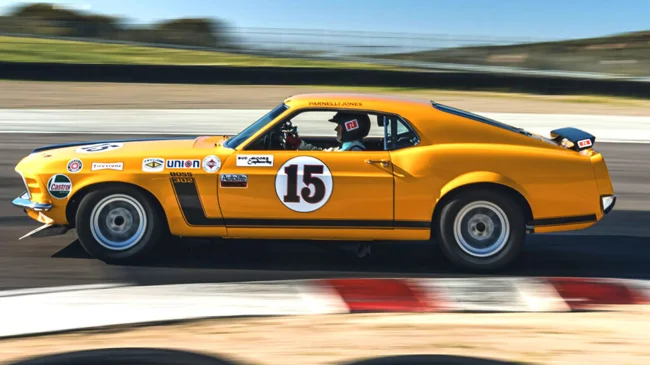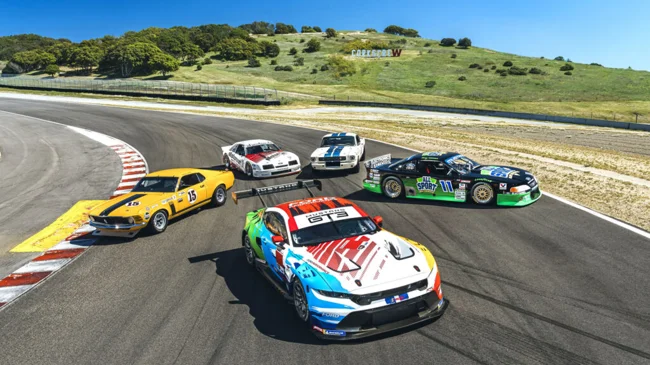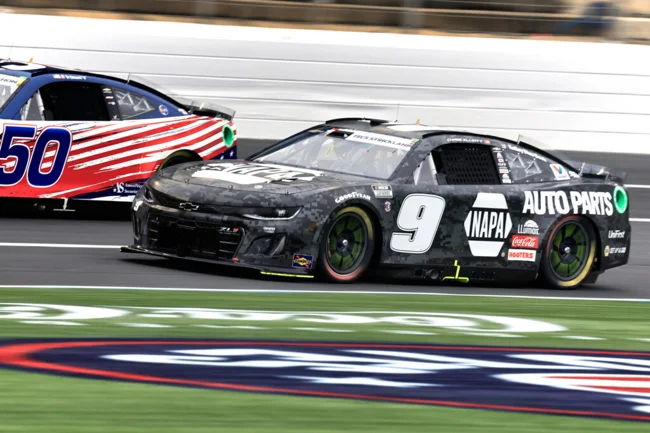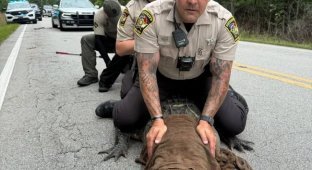North Carolina has passed a law allowing neighbors to tolerate the noise of racing engines (3 photos)

New North Carolina law protects racetracks from lawsuits
North Carolina has passed a law called the “Right to Race” that provides legal protection for racetracks from lawsuits by residents. The move is aimed at solving the problem of new residential areas springing up near existing racetracks and then residents complaining about the noise.
Key provisions of the law
The problem of NIMBY neighbors
If you’re not familiar with the term NIMBY, you’re in luck. The acronym stands for “Not in My Backyard,” and describes the phenomenon where residents object to activities that existed before they moved in. North Carolina has now made it clear: either accept the noise of the races or find a different place to live.
Legislative Details
House Bill 926 was signed into law by Governor Josh Stein on September 30. It creates broad protections for motorsports facilities in the state. In particular, residents cannot file nuisance lawsuits or attempt to close a track that was operating legally before their homes were built. The law defines a track’s impact zone as the area within a three-mile radius of its boundaries, including grandstands, pit stops and other facilities.
Michael Goode, president of Performance Racing Industry, said, “There are few places in the United States where you can experience the spirit of motorsports like North Carolina. Our community often finds itself on the defensive against individuals who see racetracks as nothing more than a place to exploit.” 
Trends in other states
North Carolina is not alone in this effort. Earlier this year, Iowa passed similar legislation. Similar controversies continue in Virginia and California. The famed Laguna Seca racetrack, for example, has faced serious legal challenges. While the track has not been closed, it has imposed strict noise restrictions on drivers. 
The future
The new law could serve as a model for other regions facing similar challenges. For motorsports enthusiasts like the Friends of Laguna Seca, it’s a kind of green light for further action. Racetracks that have been operating for decades now receive additional protection, allowing them to continue operating without constant threats from new residents.
Not only does the law preserve the cultural heritage of motorsports, it also emphasizes the importance of balancing residential development with respect for existing facilities. In the future, similar initiatives could spread to other states, where racetracks are an important part of the economy and society.



























